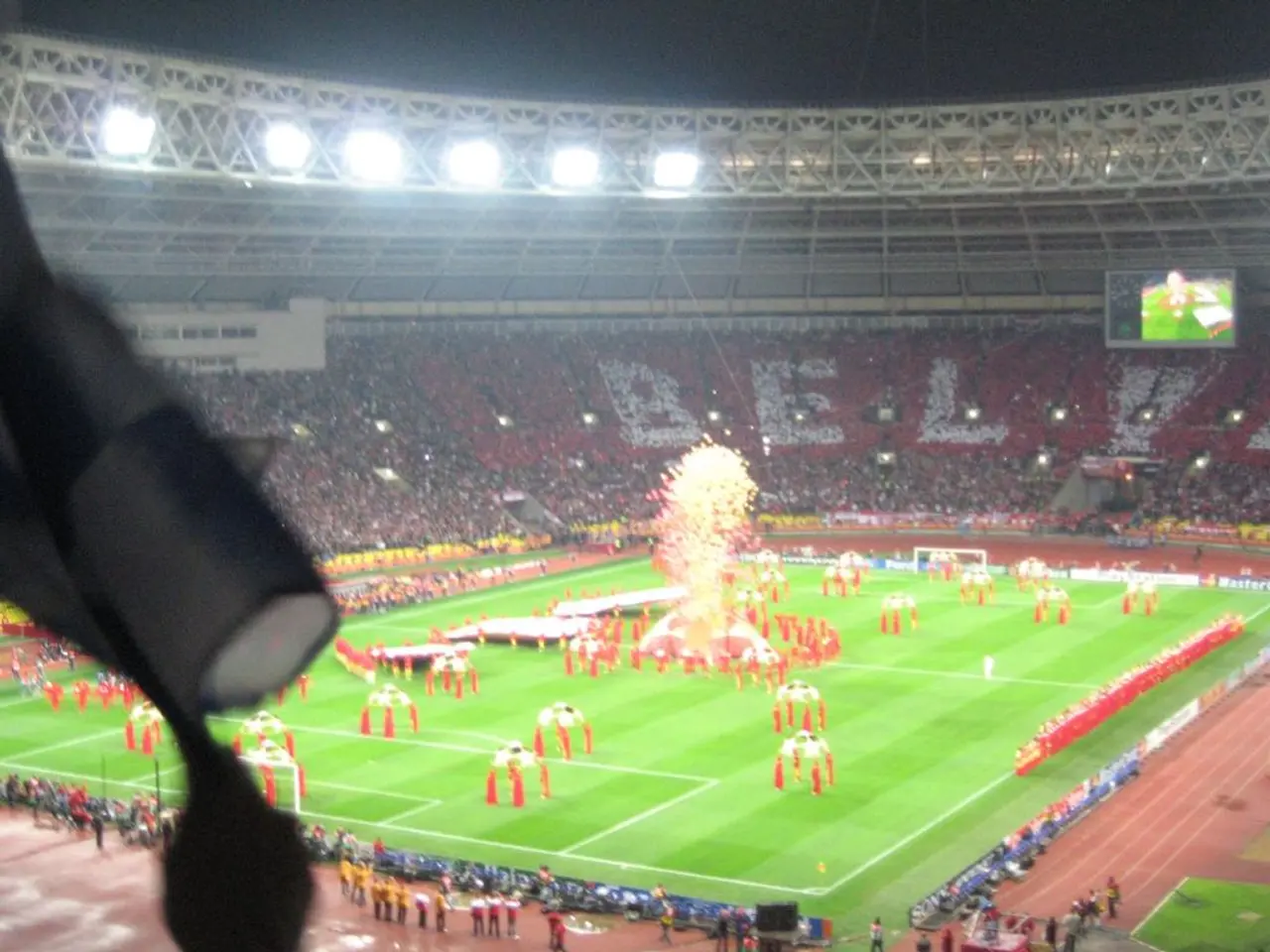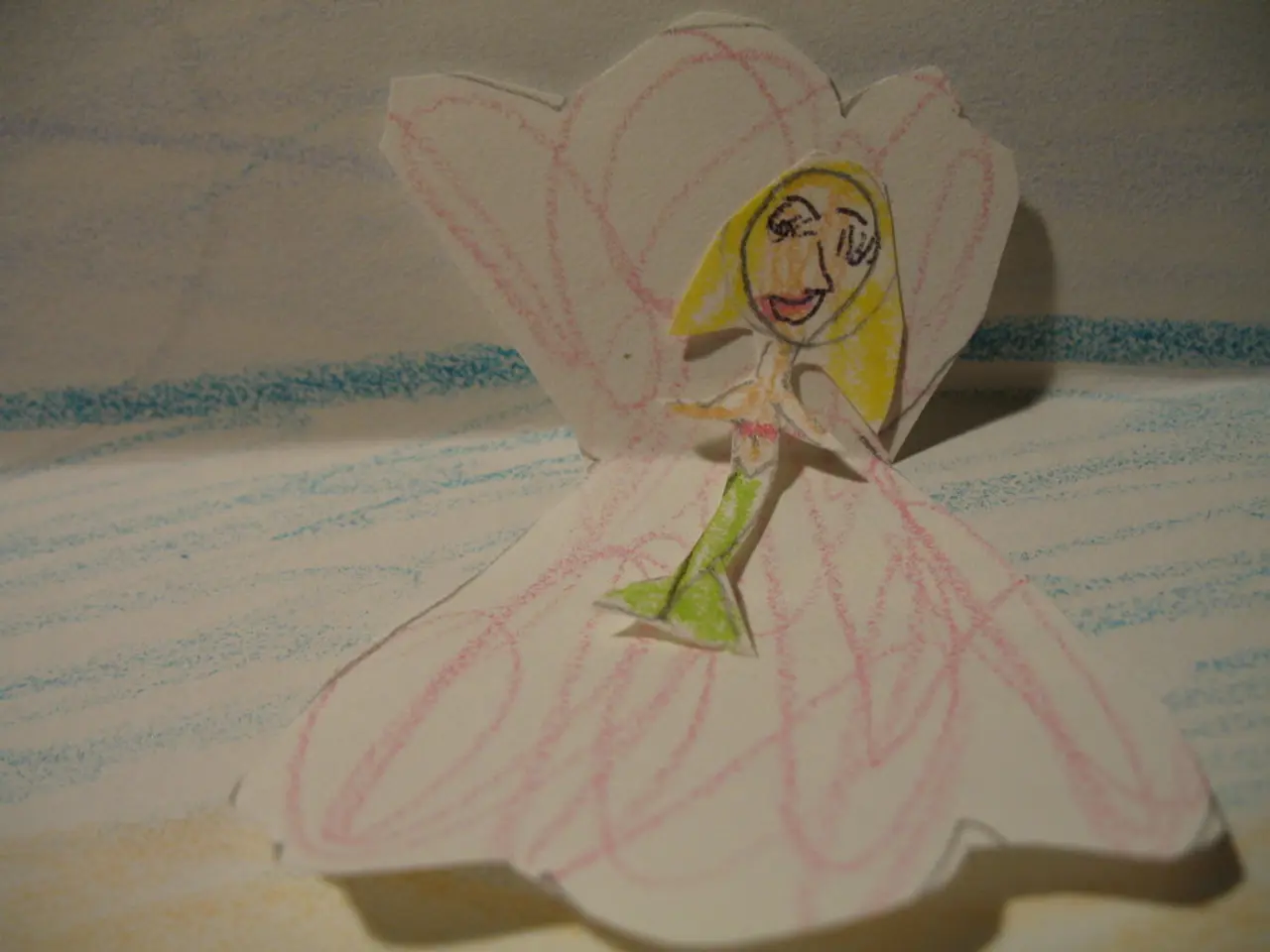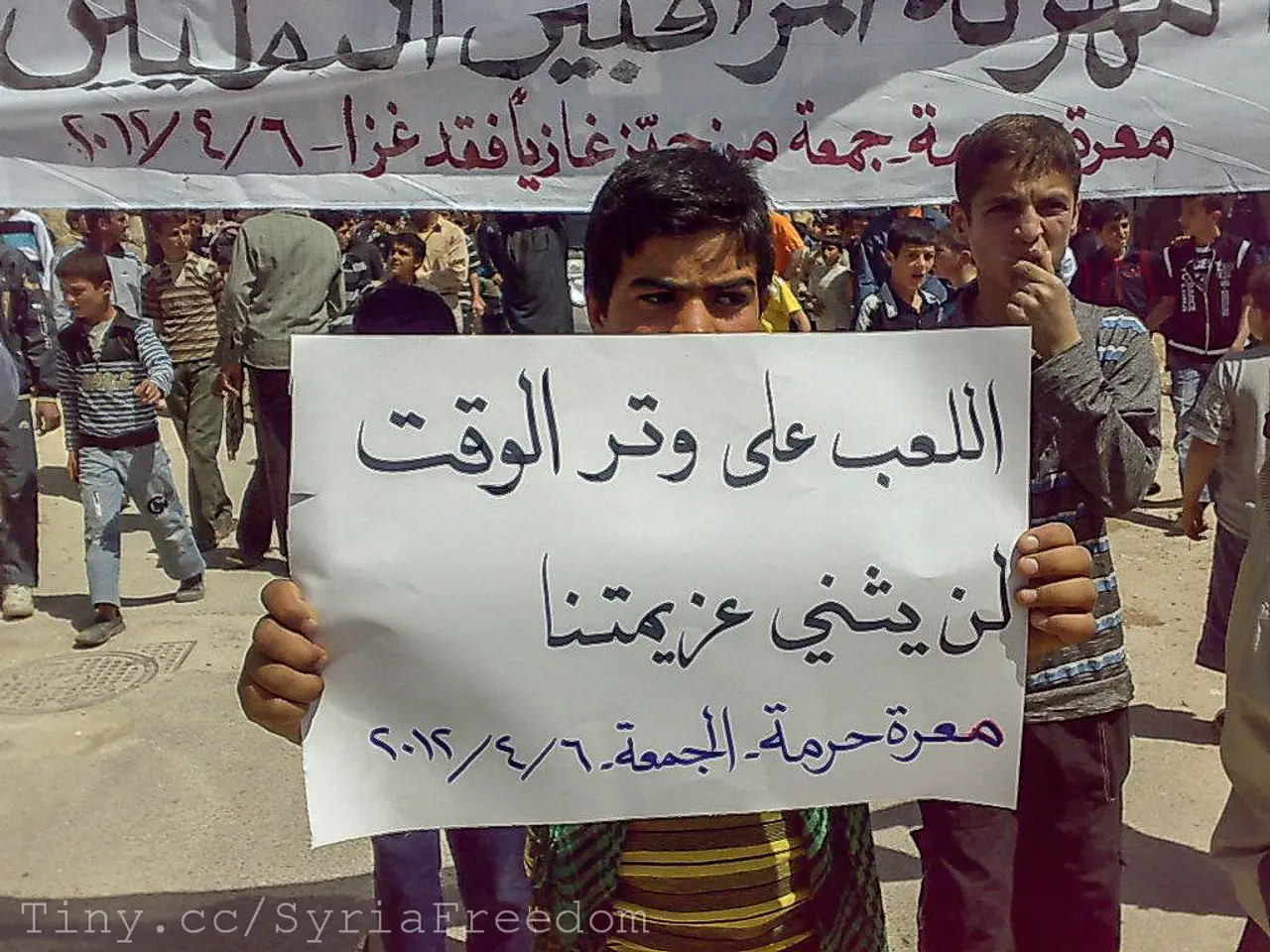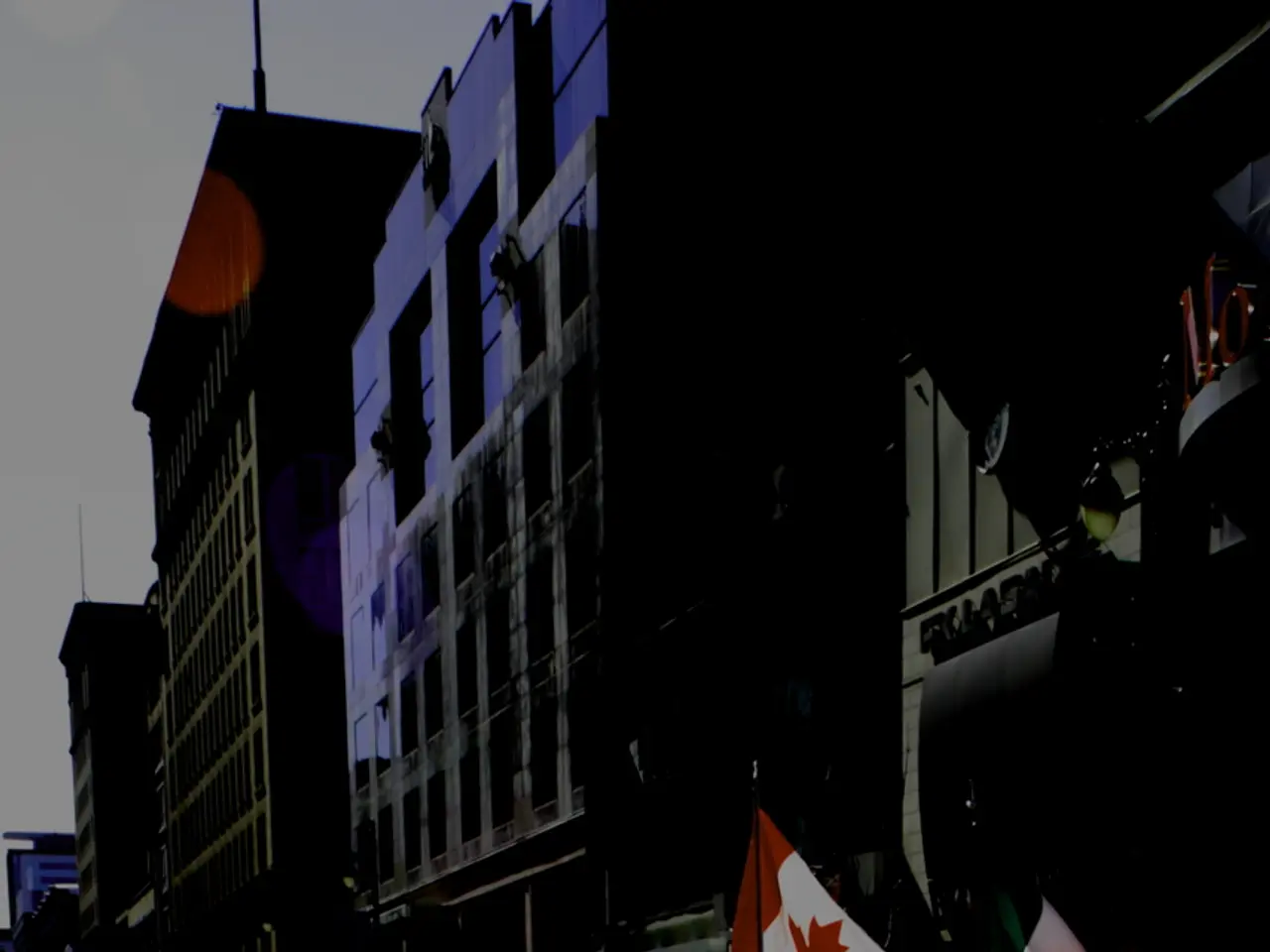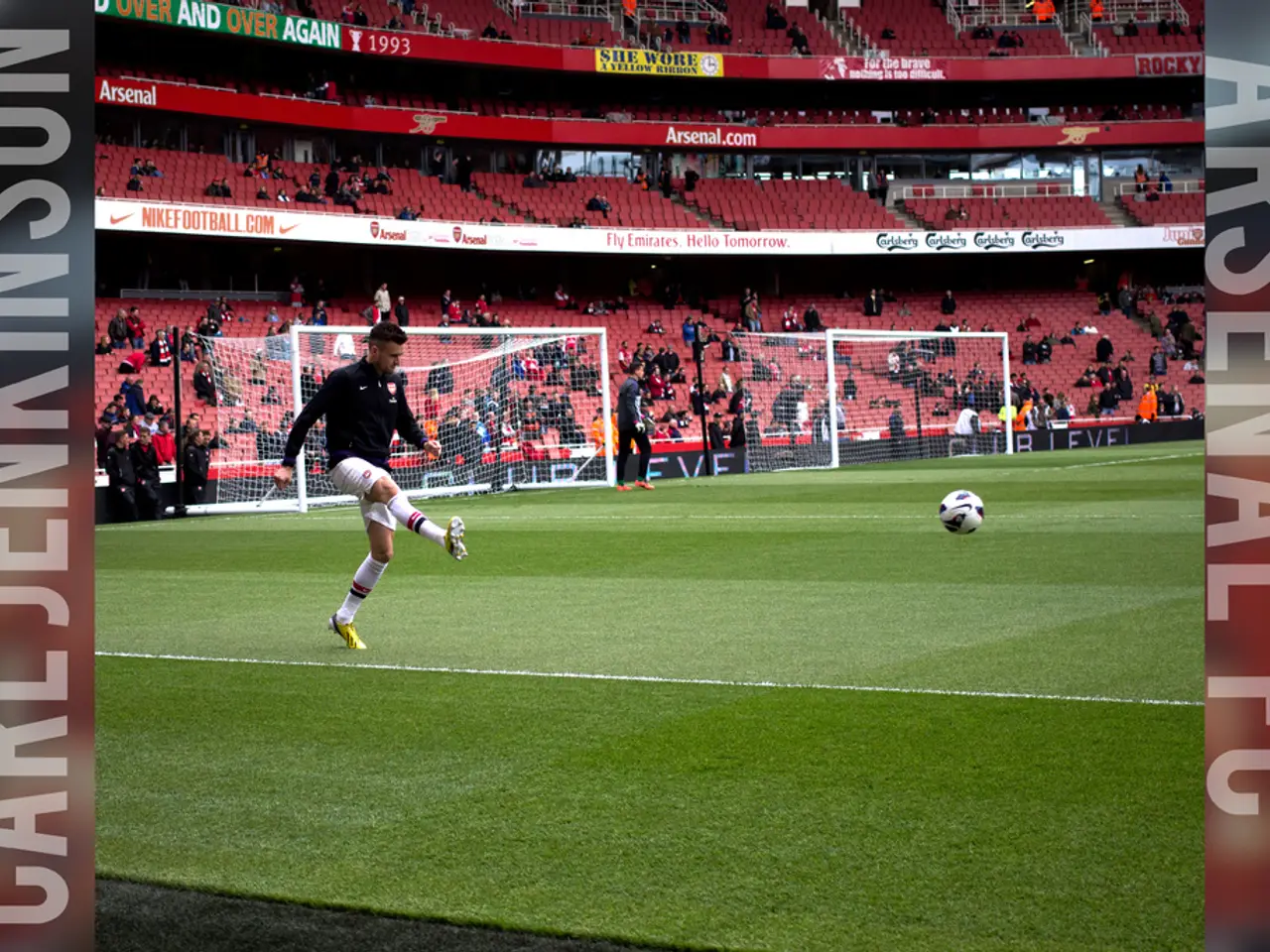Unveiling Phrases on Popular Social Media Platforms that Reflect Your Mental State
The World Well-Being Project (WWBP), based at the University of Pennsylvania's Positive Psychology Center, has conducted a groundbreaking study that reveals a close relationship between language use on social media and personality traits, gender, and age.
The research, published in 2013 under the title "Personality, Gender, and Age in the Language of Social Media: The Open-Vocabulary Approach," employed two methods to analyse demographic and psychological attributes: Differential Language Analysis (DLA) and Linguistic Inquiry and Word Count (LIWC).
The study analysed over 700 million words, phrases, and topic instances from the Facebook messages of 75,000 volunteers. Using Correlational Analysis, the researchers were able to correlate words with gender, age, and personality, and link the social media language of personality, gender, and age with 91.9% accuracy.
According to the WWBP findings, personality traits significantly influence language use. For instance, extraversion may be associated with more positive emotional language and social words, while neuroticism might correlate with more negative emotion words and self-focused language.
Gender differences are also evident in language patterns. Women tend to use more social and emotional words, while men may use more articles and prepositions. This distinction reflects broader psychological and cultural differences in communication style.
Age impacts language usage on social media as well. Younger users are more likely to use informal language, slang, and references to social activities, while older users use more formal and reflective language.
The study also found that High Open individuals use creative words such as 'art', 'universe', 'music', 'writing', and 'soul'. Low Neurotic individuals write about enjoyable social activities that foster harmony or create a greater emotional balance, such as 'sports', 'vacation', 'beach', 'church', 'team', and a family time topic. On the other hand, Low Openness users tend to use shortened words like '2day', 'ur', 'every 1'.
Introverts, according to the study, frequently use Japanese media-related terms such as 'anime', 'manga', and Japanese emoticons. Extroverts often use words related to social activities like "party". People High in Neuroticism commonly mention phrases like 'sick of', 'depressed' and 'I hate'.
Interestingly, the study found that 'we' increases after the age of 22, whereas 'I' decreases, suggesting the increasing importance of friendships and relationships as people age.
The WWBP research suggests that social media language allows researchers to observe individuals as they present their true self to the online world. This approach allows researchers to predict personality traits, gender, and age based on the linguistic markers present in social media data, providing insights into the well-being and psychological states of users.
While the exact details specific to the WWBP’s findings were not detailed in the search results, relevant research on personality and language use on social media affirms these general associations between linguistic patterns and individual differences (personality, gender, age). Social media analyses often incorporate large datasets and advanced linguistic algorithms to reveal these relationships.
For more details on the specific linguistic features related to personality traits, gender, and age on social media language use, please let me know, and I would be happy to provide further information.
- The World Well-Being Project found that lifestyle topics, such as 'sports', 'vacation', and 'beach', are often associated with Low Neurotic individuals, indicating a preference for enjoyable social activities that foster emotional balance.
- Fashion-and-beauty words, like Japanese media-related terms such as 'anime', 'manga', and Japanese emoticons, are frequently used by Introverts, suggesting an affinity for these niche communities as a means of expressing themselves.
- Food-and-drink, relationships, and entertainment topics are illustrated in social media language use as age progresses, with older users discussing more formal and reflective language, and an increase in discussions about 'we' and a decrease in discussions about 'I', indicating a growing emphasis on friendships and societal interaction.

